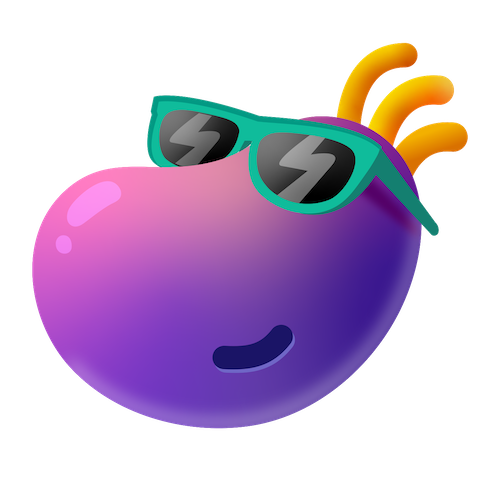We have recently extended our fingertip Stress Scan with a new capability. We believe this is the world’s first real-time measure of stress.
Read Moreand biology of stress, and the differences between acute and chronic stress. We then look at how to quantify and measure stress so we can better manage stress. Finally, we introduce the 9 habits for lower stress incl. Sleeping 7 hours per day, Meditation Practice, Breathing Exercise, Intermittent Fasting, Cardio Training, and getting at least 10,000 steps each day.
Read MoreWe all know some of our obvious habits. They’re simply the things that we do. In terms of definitions from psychology, habits are repeated behaviors that require little or no thought. By that definition, a lot of our daily activities would count as habits, good or bad. So clearly, we humans are well equipped to maintain habits. But what if you want to start new habits?
Read MoreAccording to the World Health Organization (“WHO”), physical inactivity levels are rising in many countries with major implications for the prevalence of noncommunicable diseases (“NCD”) and the general health of the population worldwide. As a matter of fact, physical inactivity is a leading risk factor for global mortality. Sounds pretty serious, doesn’t it?
Read MoreNo wearable device? No problem. With our in-app Stress Scan, you can read Resting Heart Rate (“RHR”) and Heart Rate Variability (“HRV”) right off your fingertip, using just your smartphone camera.
Read MoreBreathing is a vital part of human life. It is the only bodily function under both autonomous and voluntary control. This means the process of inhaling air into our lungs and exhaling it is controlled by your body’s autonomic nervous system and therefore does not require active thinking or conscious effort from you – yet you are able to step in and control your breathing whenever you like.
Read MoreWith the increasing popularity of Heart Rate Variability (“HRV”) as a tool for stress and recovery tracking, how does one make sense of this data? How do we account for the impact of behaviors such as workouts and sleep? Well, we figured it out.
Read MoreMeditation can be a powerful tool for personal development, whether the aim is simply mental performance, stress relief, or even overcoming trauma. Besides a plethora of clinically proven benefits, meditation can also help you develop useful skills for daily life.
Read MoreSleep is a basic human need, along with air, water, and food. You cannot stay alive without it. Sadly, most of the research points out how incredibly unhealthy it is to be deprived of sleep, which is anything less than 7 hours!
Read MoreStress is many things. It can be annoying, or life-destroying. It can be psychological, or physiological. The point is, whether you're an athlete looking to recover between workouts or a working professional looking to perform at your best, you can only control what you measure. So if you want to avoid burnout and injury, you'll want a way to measure stress.
Read More









